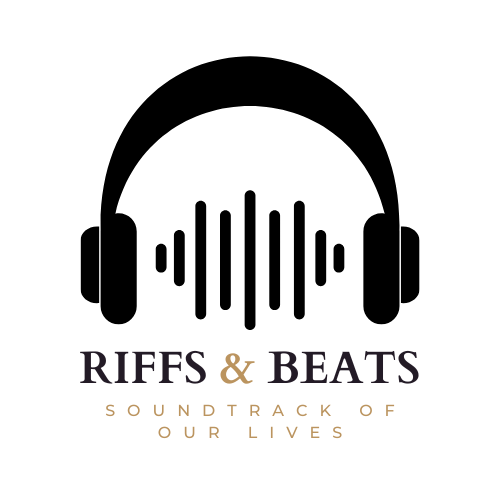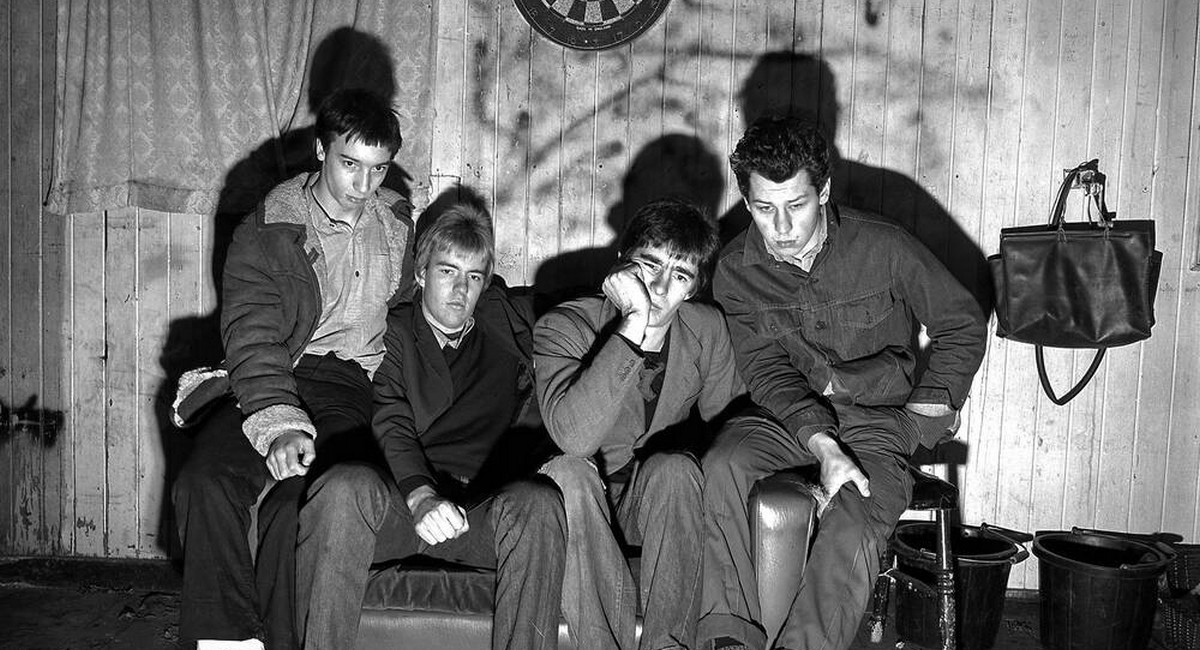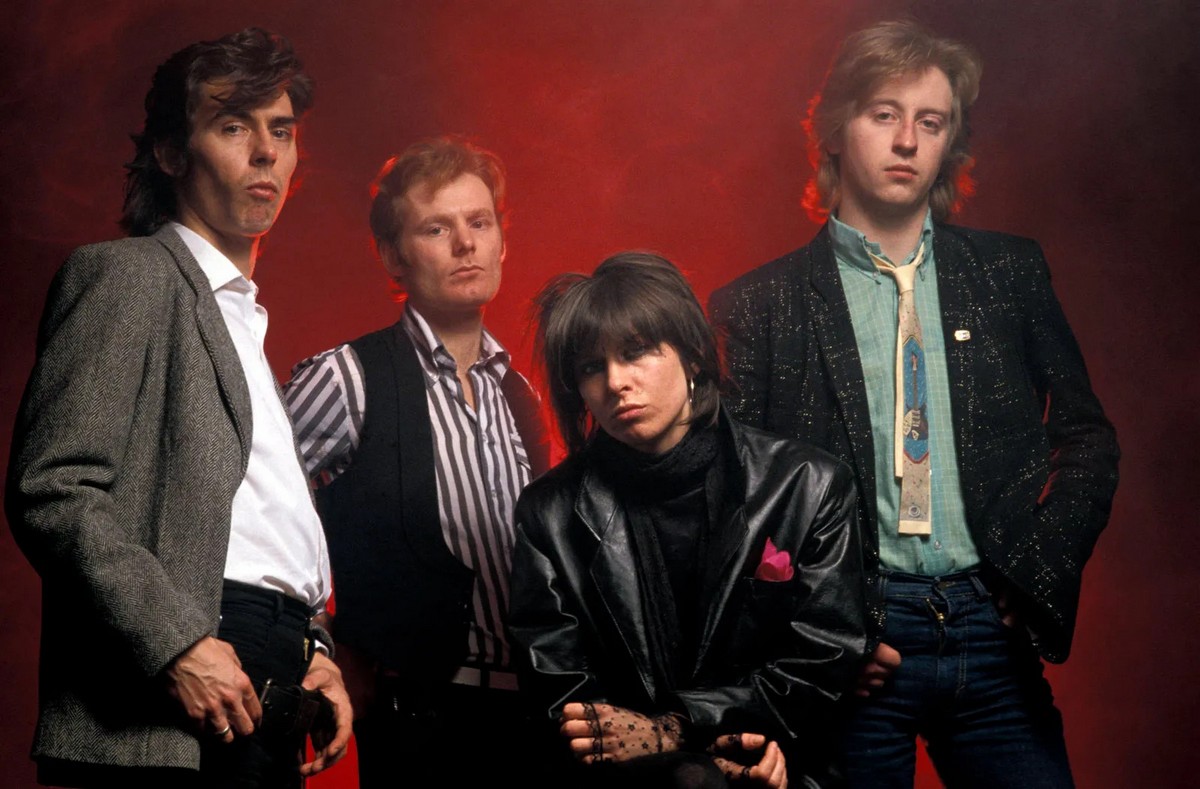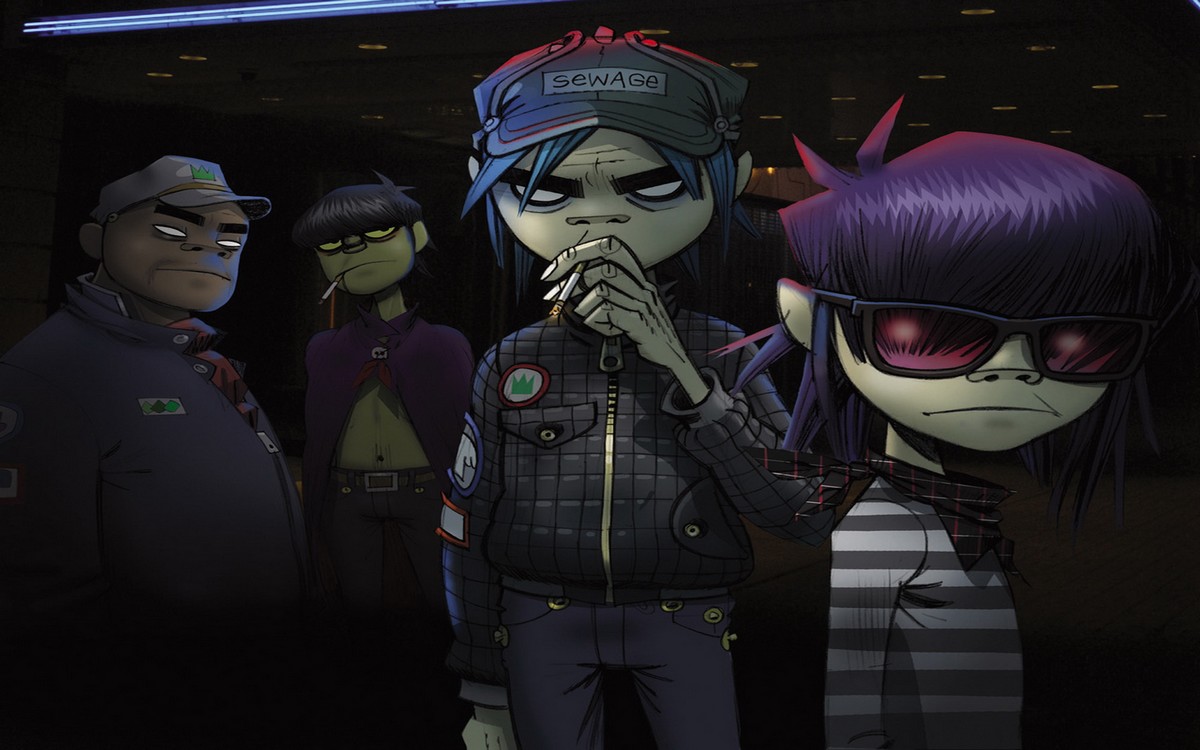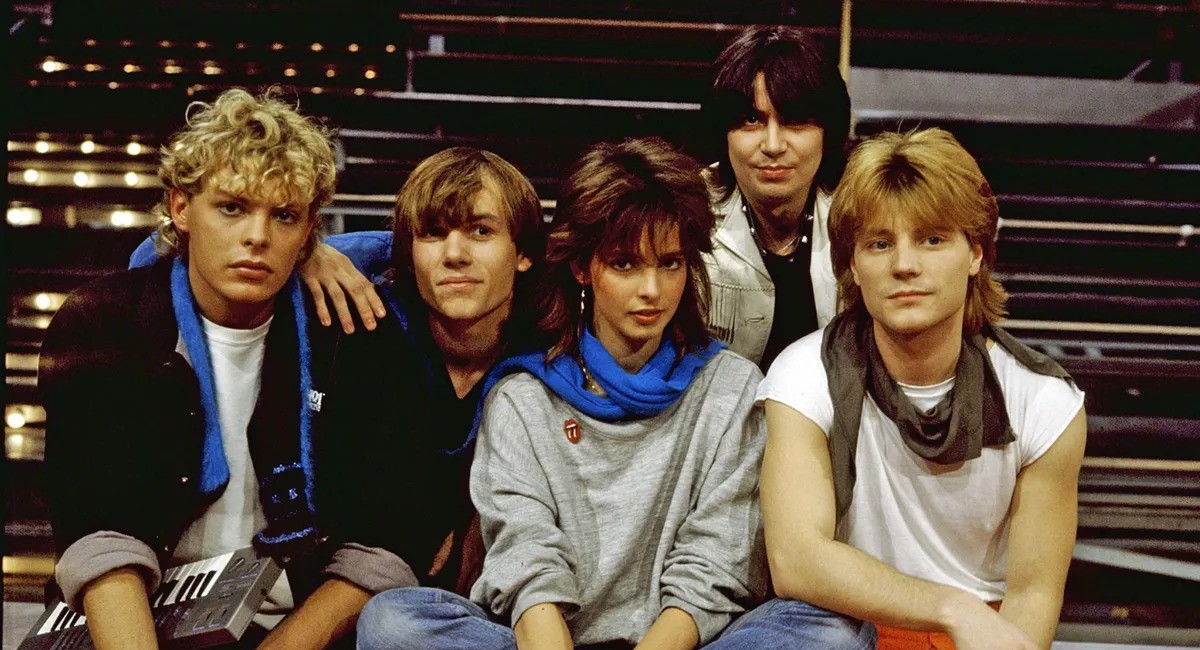Molko’s razor-edge elegy
It doesn’t come in. It breaks. Arrival like a strobe light in a blackout, The Bitter End is all sharp edges and shimmering paranoia. Originally released in 2003 as the lead single from Sleeping with Ghosts, it signaled Placebo’s comeback to the stage with enhanced fangs and an adjusted nervous system. For a band already known for emotional intensity and androgynous glam-noir, this track was a leaner, meaner machine, precision-cut anguish dressed in the sheen of pop immediacy.
The greatness of The Bitter End resides in its restraint. The guitars stab rather than wander. The drums march, constant and icy, like anything destined; they do not explode. And Brian Molko? His nasal, penetrating tone perfectly complements the confined intensity of the song; he incant rather than sing. Nodding loosely to 1984, the lyrics transform doomed love into a surveillance-state nightmare. Orwell with eyeliner, dystopia with distortions pedals.
The musical scene changed by 2003. Nu-metal was falling under its own weight; indie rock was trading volume for satire. Always outsiders in their own milieu, Placebo grabbed the opportunity too goth for Britpop, too sexy for grunge, too true for mainstream radio. The bitter end tore rather than struck. The track was a jolt, a tightrope walk between openness and poison. One could dance to it. One could weep to it. Alternately, you may do both in a gloomy club filled with gorgeous strangers.
Admittedly, ‘The Bitter End’, the recent single, is a good pop tune. It has just the right amount of dark, gothic atmosphere to please their fans and enough radio friendly guitars to please the new generation of indie kids.
(Dan Tallis, BBC, 2003)
The chaos is governed. Made by Jim Abbiss, who would later create Whatever People Say I Am, That’s What I’m Not for Arctic Monkeys, the song is wired with menace yet never unclean. At their most accessible, it’s placebo, yet nevertheless their most confrontational. No flamboyant solos, no overacting; just a polished piece of sorrow given with surgical force.
Two decades later, The Bitter End still sounds as though it is prescient. Not just a break-up but also a cultural comedown. A realisation that the party could be finished and all that remains is the flickering light and a mirror you are not prepared to face. Still, it’s strangely comforting—because when Placebo crash, they do it exquisitely.
